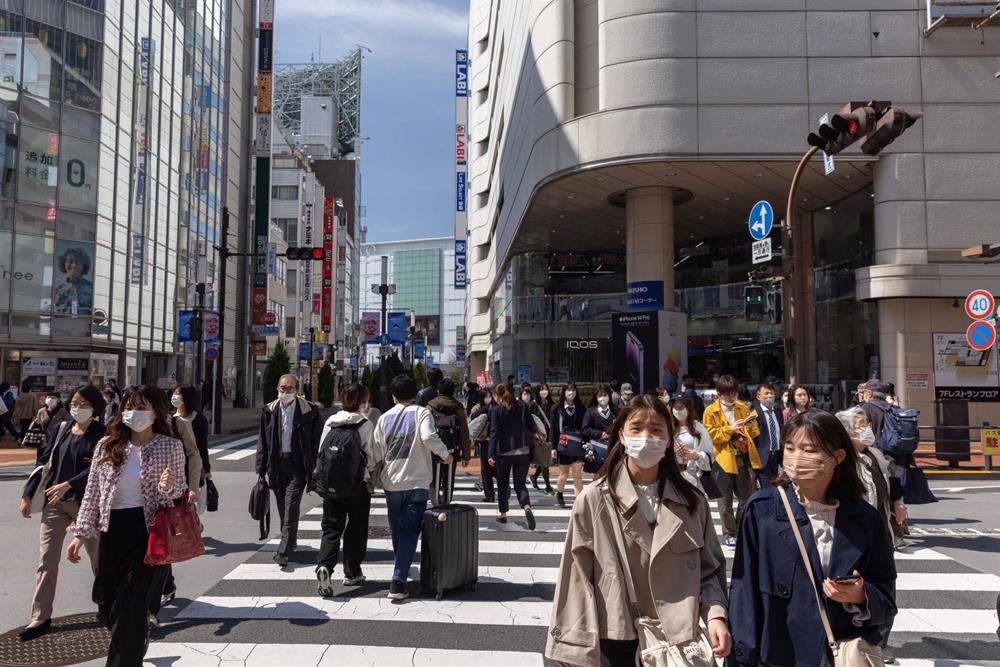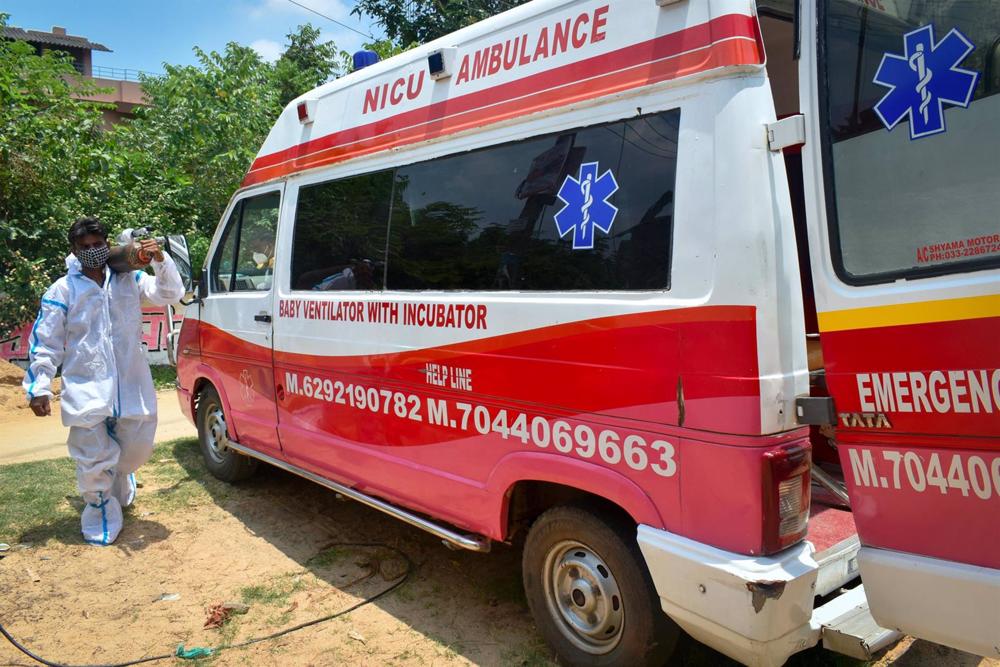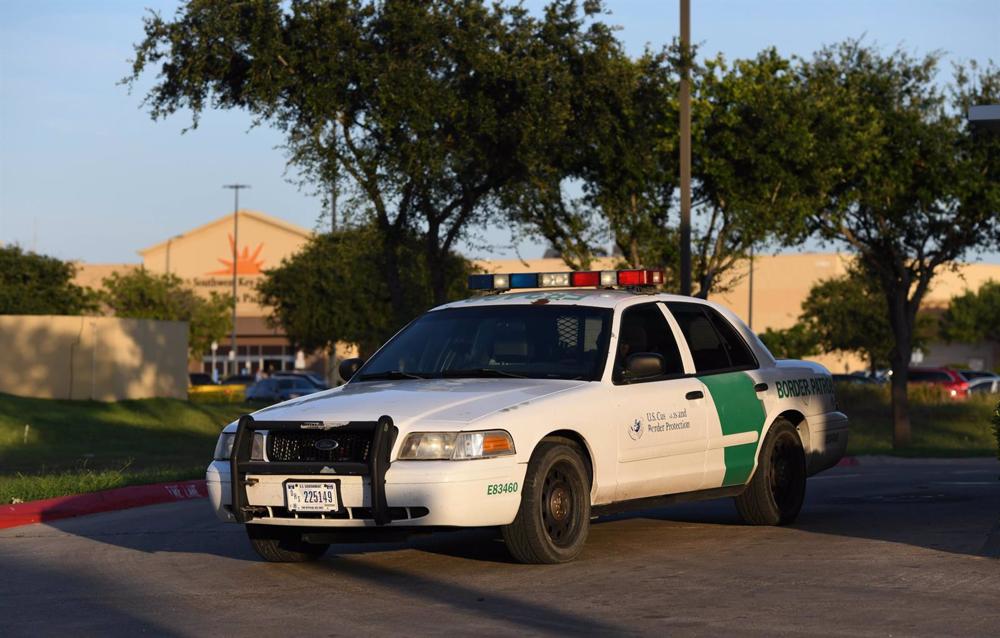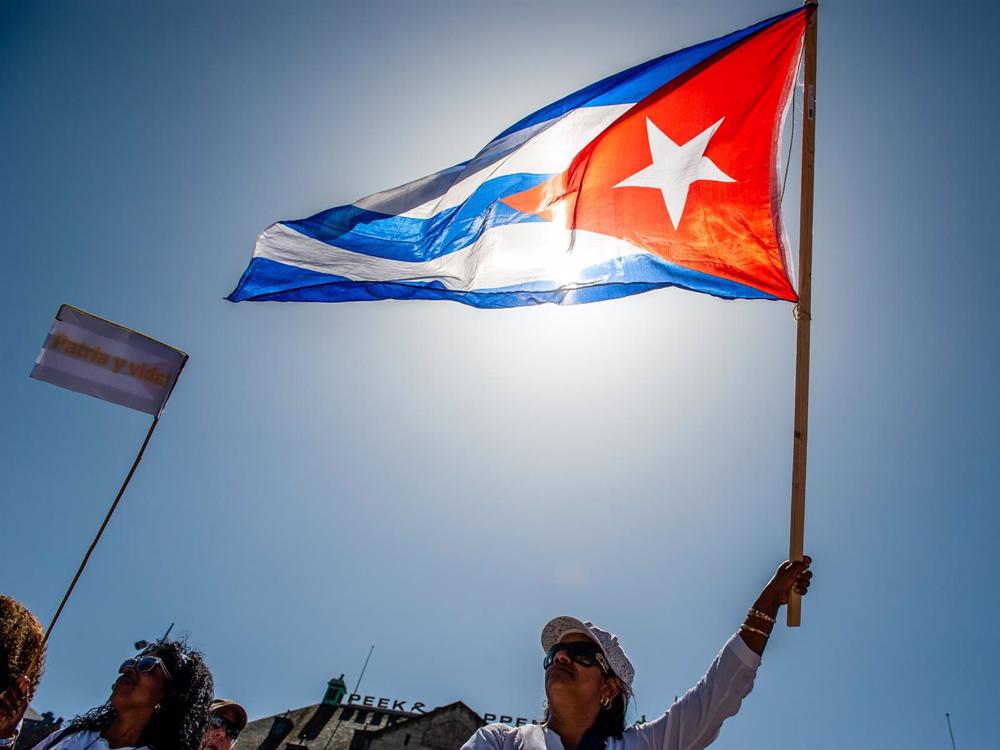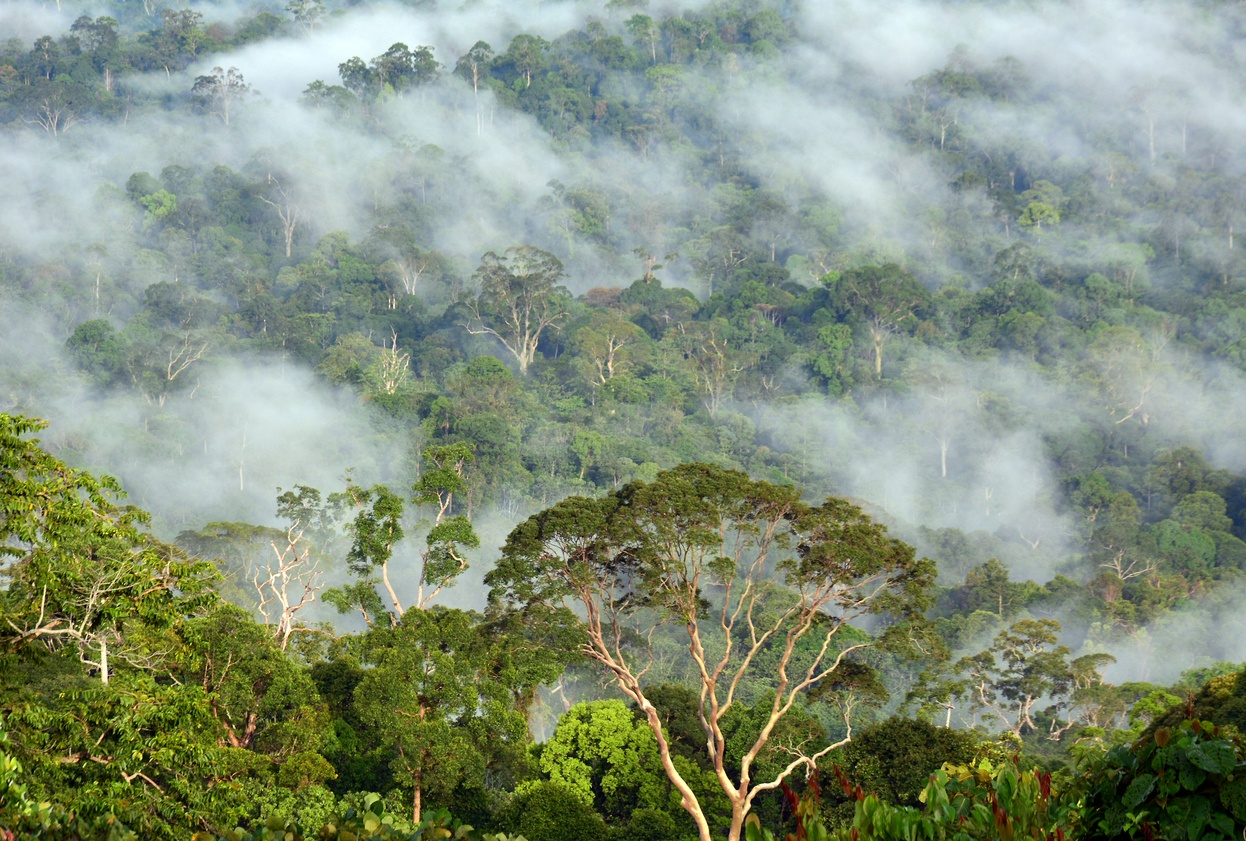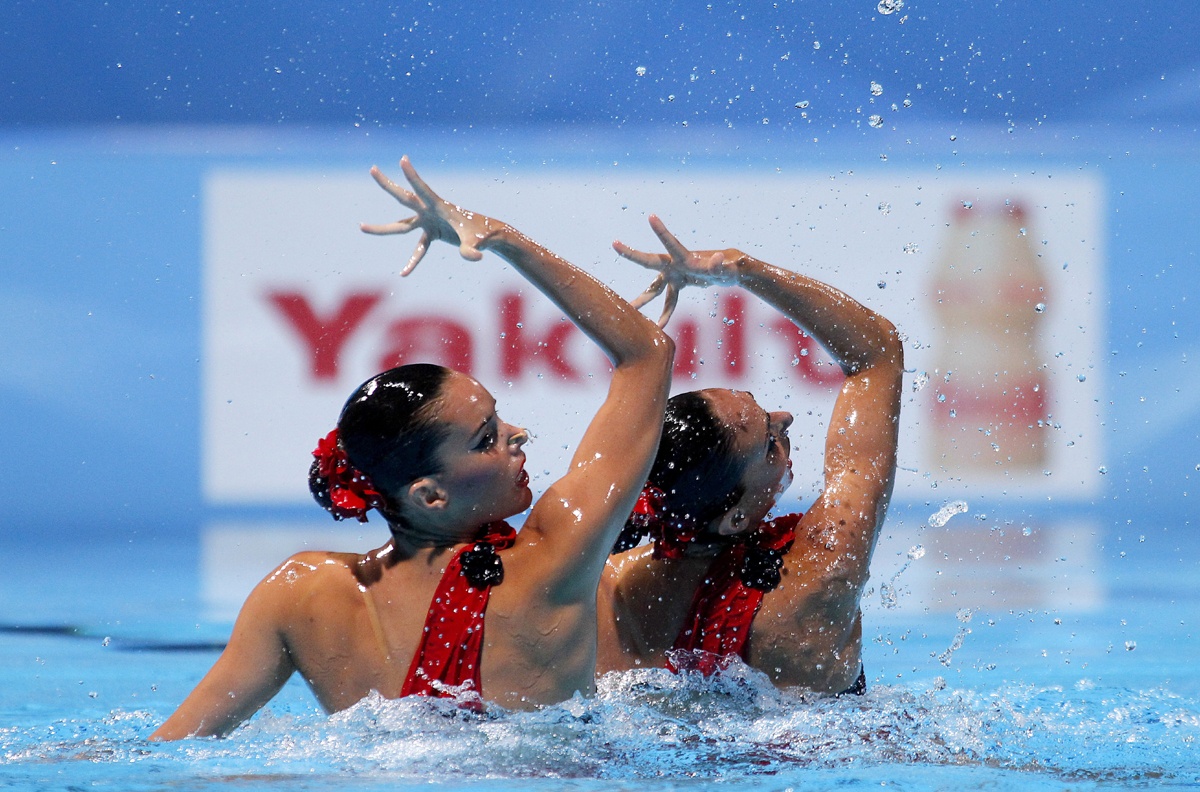
The Canadian Minister of Foreign Affairs, Mélanie Joly, has announced an agreement in principle between the Cameroonian government and the country’s Anglophone separatists to begin a peace process in which her country will act as mediator.
The process will seek to end a bloody conflict that has cost the lives of thousands of people since its outbreak in 2017, when separatist movements in Cameroon’s Anglophone regions–Northwest and Southwest–declared in the form of a self-proclamation on October 1 of that year the independence of so-called Ambazonia.
«Canada welcomes the agreement of the parties to initiate a process to reach a comprehensive, peaceful and political solution to the conflict», announced Minister Joly in a statement in which she confirmed that her country «has accepted the mandate to facilitate this process, as part of our commitment to promote peace and security and to promote support for democracy and human rights».
The Minister recalled that the conflict has cost the lives of more than 6,000 people and the forced displacement of 800,000. The impact on education has been terrible, as some 600,000 children have been left without a fully functioning education system.
The initial phase of this peace process will involve the formation of technical committees that will begin work to develop «confidence building measures among the participants», starting with the Government of Cameroon and continuing with the separatist groups.
Among these participants, the Canadian Government communiqué mentions the so-called Ambazonia Governing Council, the Ambazonia Defense Force, the African People’s Liberation Movement and the Southern Cameroon Defense Force, the so-called Acting Government and the Ambazonia Coalition Team.
«The parties express their hope that other groups will join this process,» the note, published on the website of the Canadian Ministry of Foreign Affairs, reaffirms.
Thus begins a new attempt to stabilize the Anglophone region after the failure of an attempt to negotiate for the granting of a «special status» for both zones in 2019, two years after the outbreak of fighting following the failure of peaceful attempts to reclaim separatist movements in an area once part of British colonies in Africa but which decided to join French Cameroon.
Since then, armed groups began to proliferate and support for the separatists, initially quite marginal, began to grow. The Cameroonian government responded with a harsh repression, during which human rights organizations accused the security forces of committing atrocities, until the start of the actual fighting against the armed movements.
Source: (EUROPA PRESS)
